A Threat From Inside The Body
I have a theory about what anxiety is that I’d like to share with you.

There are threats that come from outside you.

These threats will probably cause a reaction in you.

After the threat goes away, the reaction stays around.

This is normal.

You’re not sure if the threat will come back in a minute, an hour, a week, or a year.

But, after some time, and after getting out of the potentially dangerous situation, the reaction should disappear.

However, there’s a few things that can complicate this natural return to homeostasis.

For example: what if the threat doesn’t go away?

You might get used to feeling stressed all the time.

It might even become such a normal feeling that even with lots of time to relax and recover, it doesn’t go away.

This feeling can range from a constant state of terror to mildly irritating, depending on the original source of the threat, how persistent and insidious it was, and how likely it is to come back.

Is this feeling anxiety? Yes, definitely. But it’s also a kind of anxiety that makes sense. If the threat is still potentially in your life, perhaps just around the corner, your feeling of low-level stress might be a natural, normal, even positive reaction.

After all, no one likes to have threats of any kind in their life. And, if for some reason you need to live with one, then maintaining a healthy fear of it will help remind you to keep your distance.

But, what can you do if this anxiety becomes unhealthy?

What if it’s keeping you from the basic enjoyment of life?

Or, what if the source of the fear has been removed from your life to a safe distance, so that you know — theoretically — you should be able to relax?

What should you do if you’re still stuck in that low-level fear state?

You can’t hide from it… it’s a part of you.

So, what can you do?

To be honest, this I’m still figuring out…

The problem is, the feeling is so visceral, your reaction to it feels intuitive and automatic.

It feels completely crazy to even question it because it’s a part of your natural guidance system.

In fact, the fear center that’s being triggered is the same system that tells you not to walk over cliffs or in front of fast-moving vehicles.

So ignoring it doesn’t just feel difficult, it feels downright crazy. It feels like the biggest leap of faith you could take…

However…
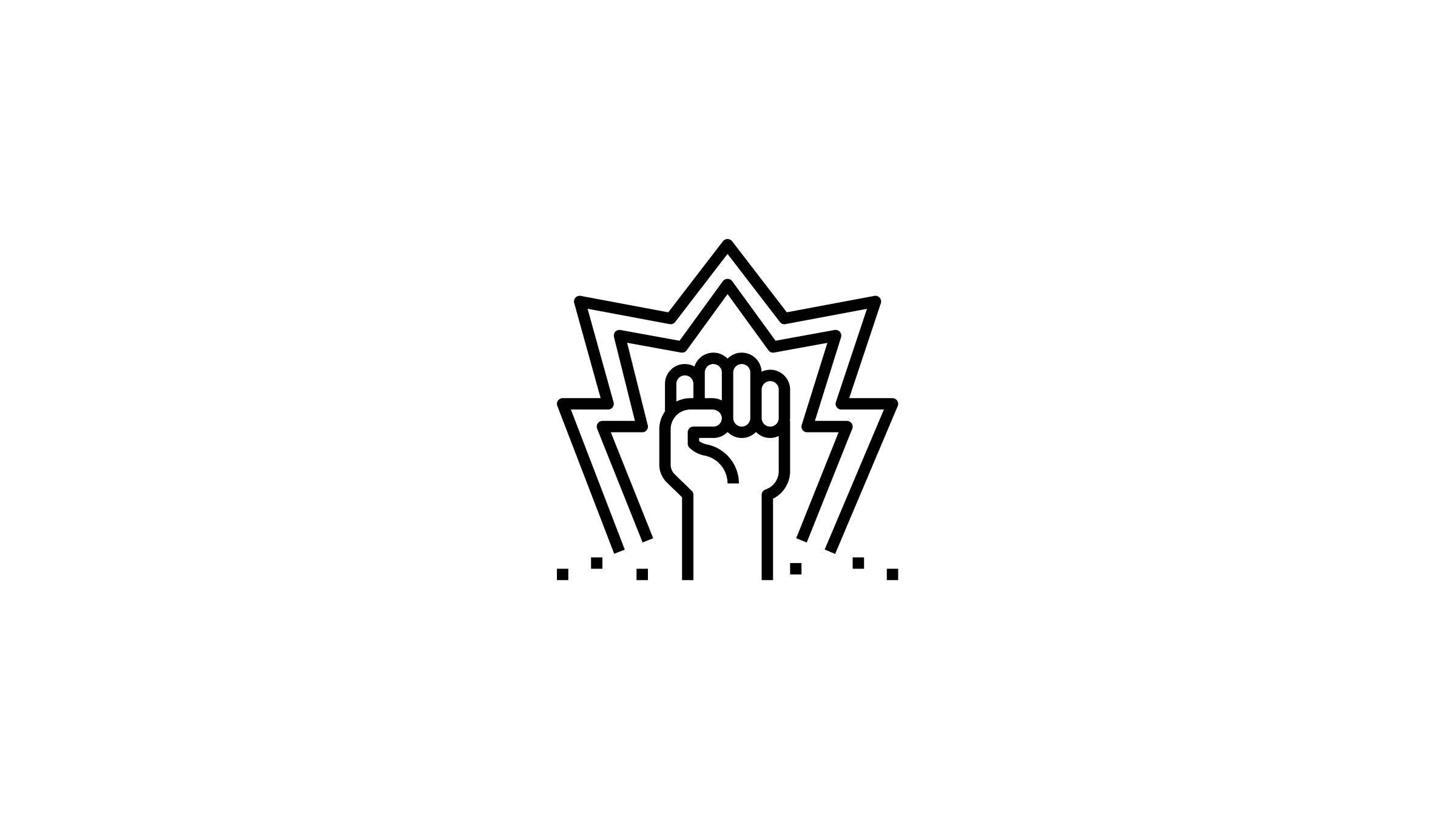
If you can find some way to will yourself through it, despite a million doubts…

It can feel awesome.

Your entire reality can change… because you’ll realize that your logic brain was right and your instinct brain was wrong… and it opens up whole new areas of your life. You may even start exploring thoughts you've never questioned before, where you previously let your instincts rule unchallenged.

But… this is actually the hard part.

Because now you have 2 new problems.

The first problem is that now you don’t have a great, simple way to make decisions anymore. Your faith in your natural instincts has been disrupted.

And the second problem is that you don’t know who you are.

You used to go around making decisions based on how you felt. Everyone does.

But now you’ve introduced doubt into that process.

If you can’t trust yourself if you have to talk through every decision ahead of time to make sure it makes sense. And, if you’re forcing yourself to ignore your own natural instincts, where does that leave you?

Well, there are a few things you can do to gain a strong connection with yourself.
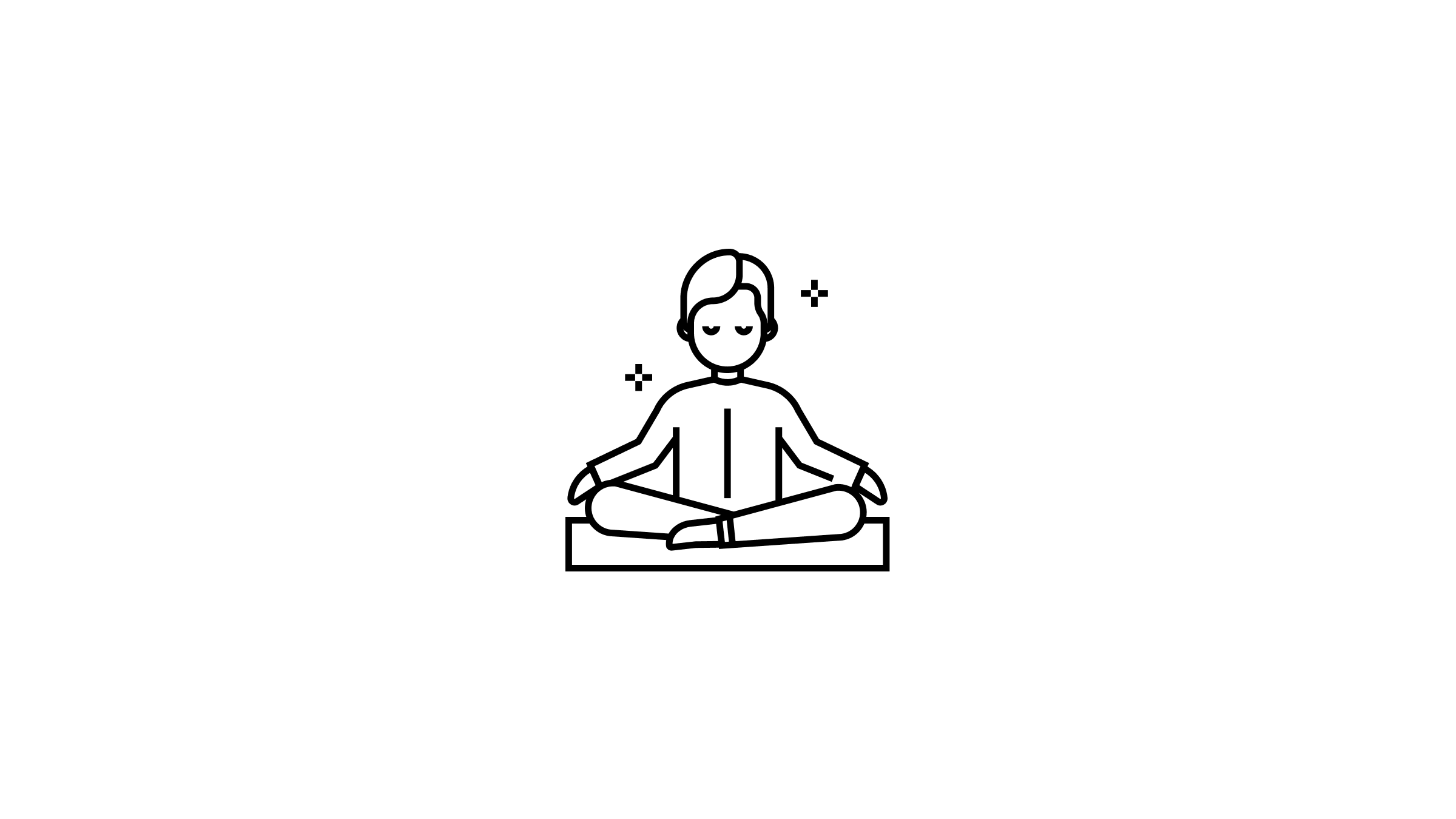
The first is to get to know yourself, without judgement, by simply experiencing how you operate. Some people call this meditation.

This will give you a much better understanding of who you are, what you’re like, and what the flow of your experience is.

Sometimes what seems like an incalculable maze at first glance will reveal itself as only a slightly tangled, but pleasant emptiness.
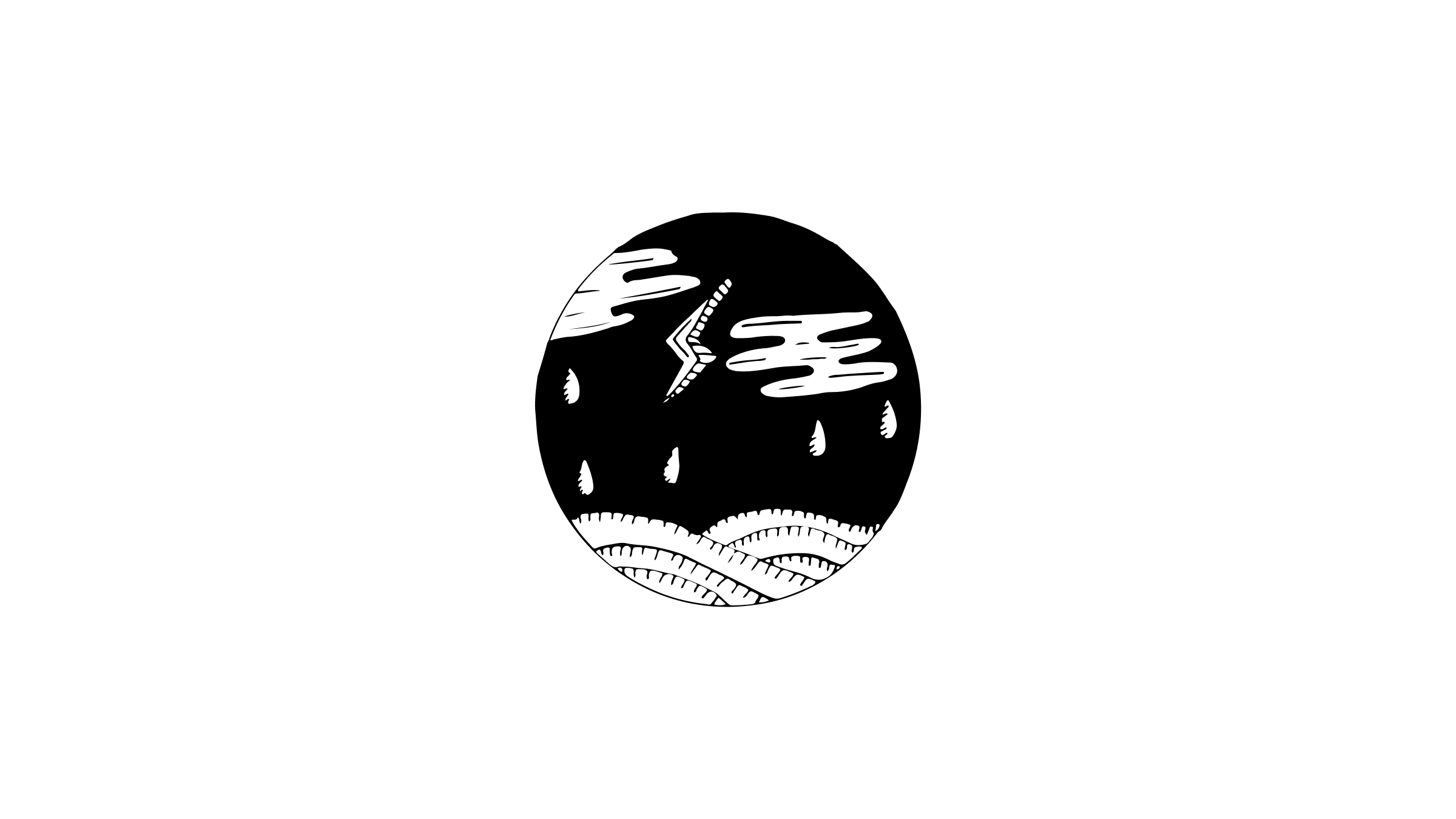
And sometimes you’ll just get a better idea of the shape of the storm inside.
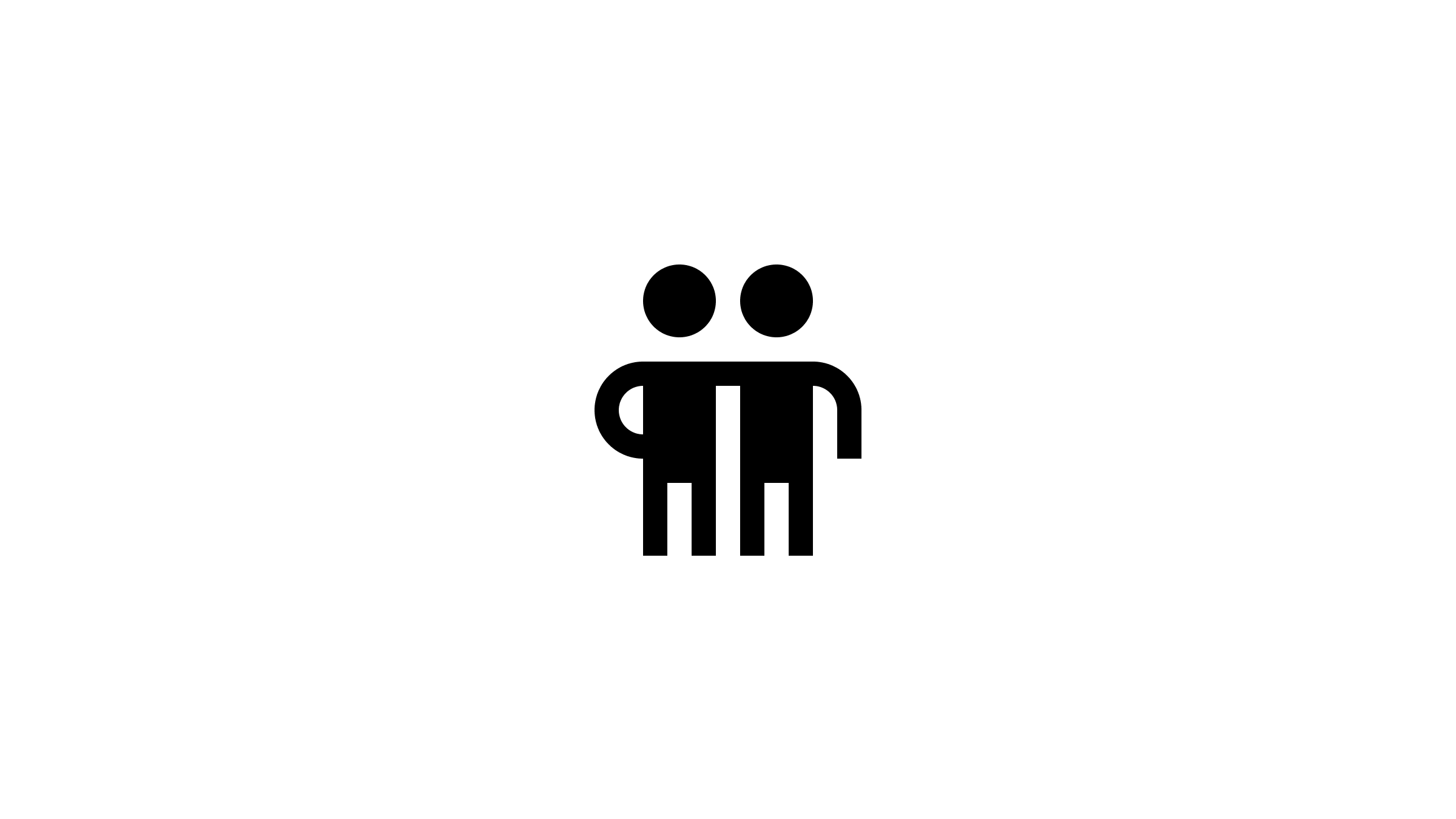
Either way, you’ll come away being slightly better friends with yourself.

Another approach is to distract yourself, so your body has a chance to re-establish equilibrium on its own.

Taking a few seconds to focus exclusively on your breath changes the context that your brain is in — it can only pay attention to a few things at the same time — which gives it a little break from worrying and panicking.

If there’s an actual threat that you need to do something about, distracting yourself might not be a long term solution.

But it can help you regain your balance, so you can come at your situation with more poise.

The next strategy is the most difficult, but also the most rewarding.

It’s also the most counterintuitive.
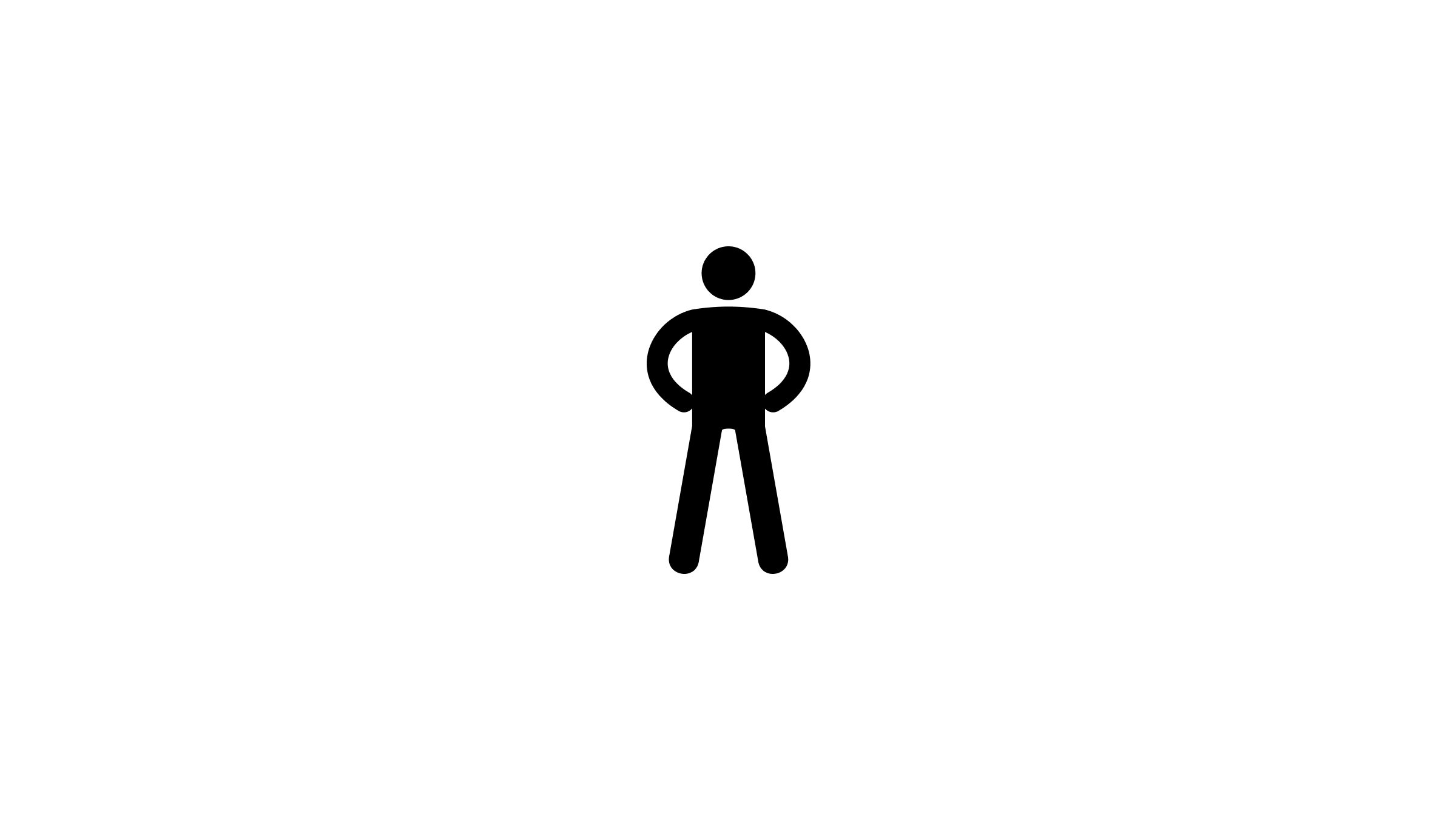
To make a decision, firm and strong, to embrace how you feel no matter what, and surrender to it completely.

This is a weird one.
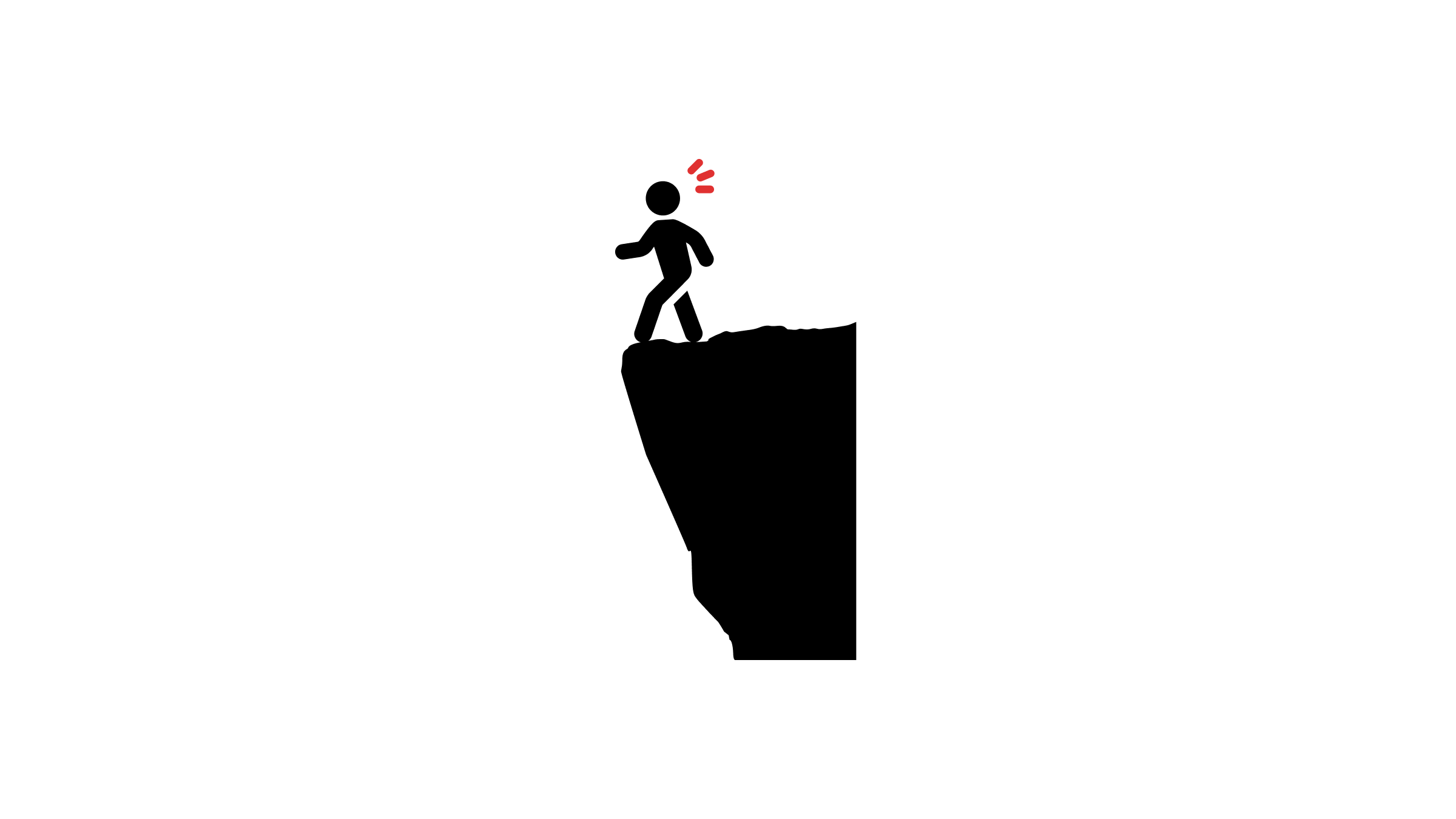
It feels self-destructive, like you’re choosing to walk off a cliff.

Except, instead of ignoring the feelings and doing it anyways, you embrace your feelings and do it anyways.

What does that mean exactly? Do you gradually approach the cliff and inspect it before you dive off? Do you bring a parachute just in case? Do you have a doctor standing by?
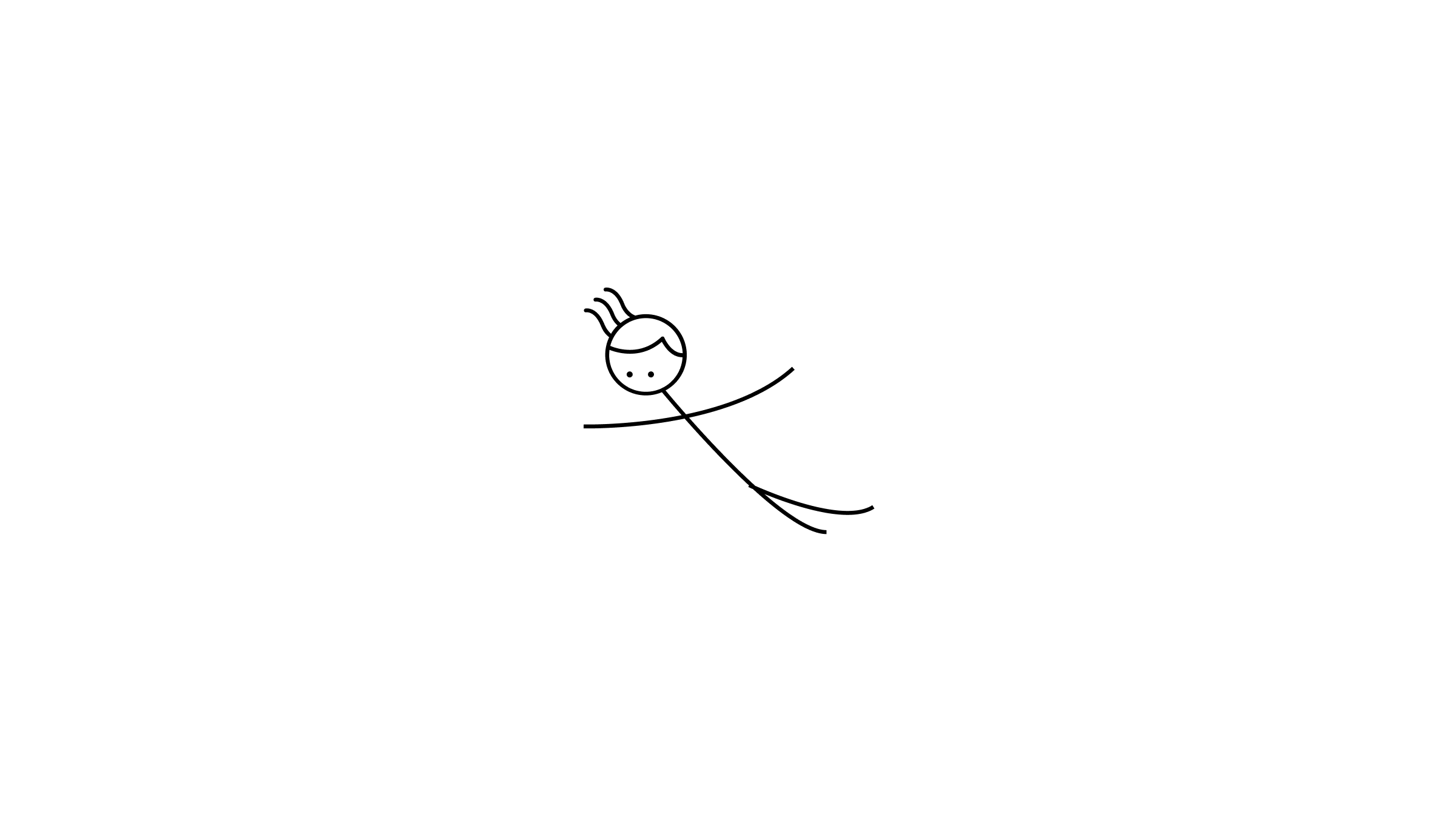
You can have help standing by or a back up plan. But you still need to dive off into the fear with no parachute, all while feeling the wind in your hair and the terror in your gut as you do.
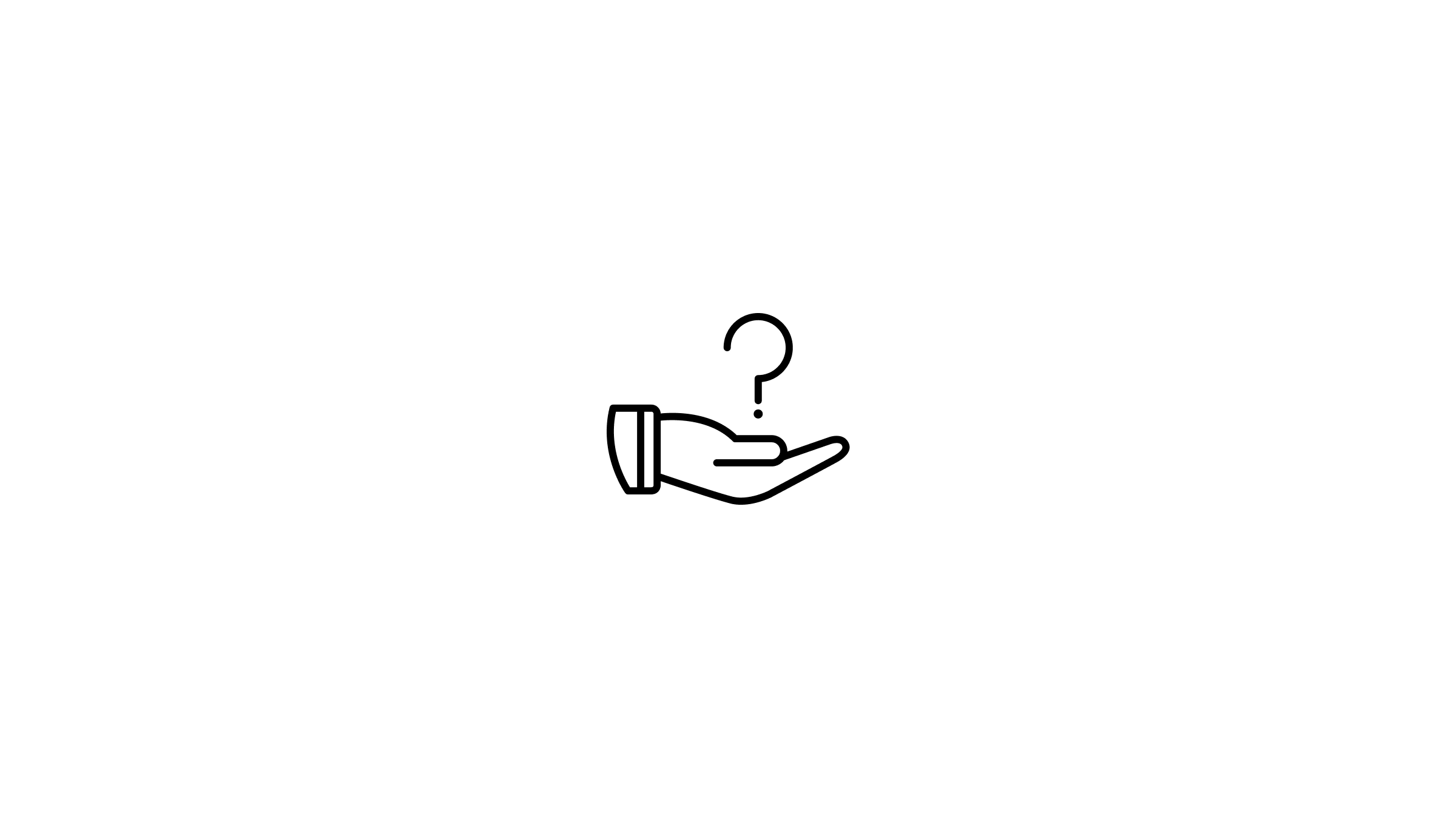
Why?

Because you’re allowed to.

You’re allowed to be crazy.

You’re allowed to be wrong.

You’re allowed to push the limits of what you think is possible.
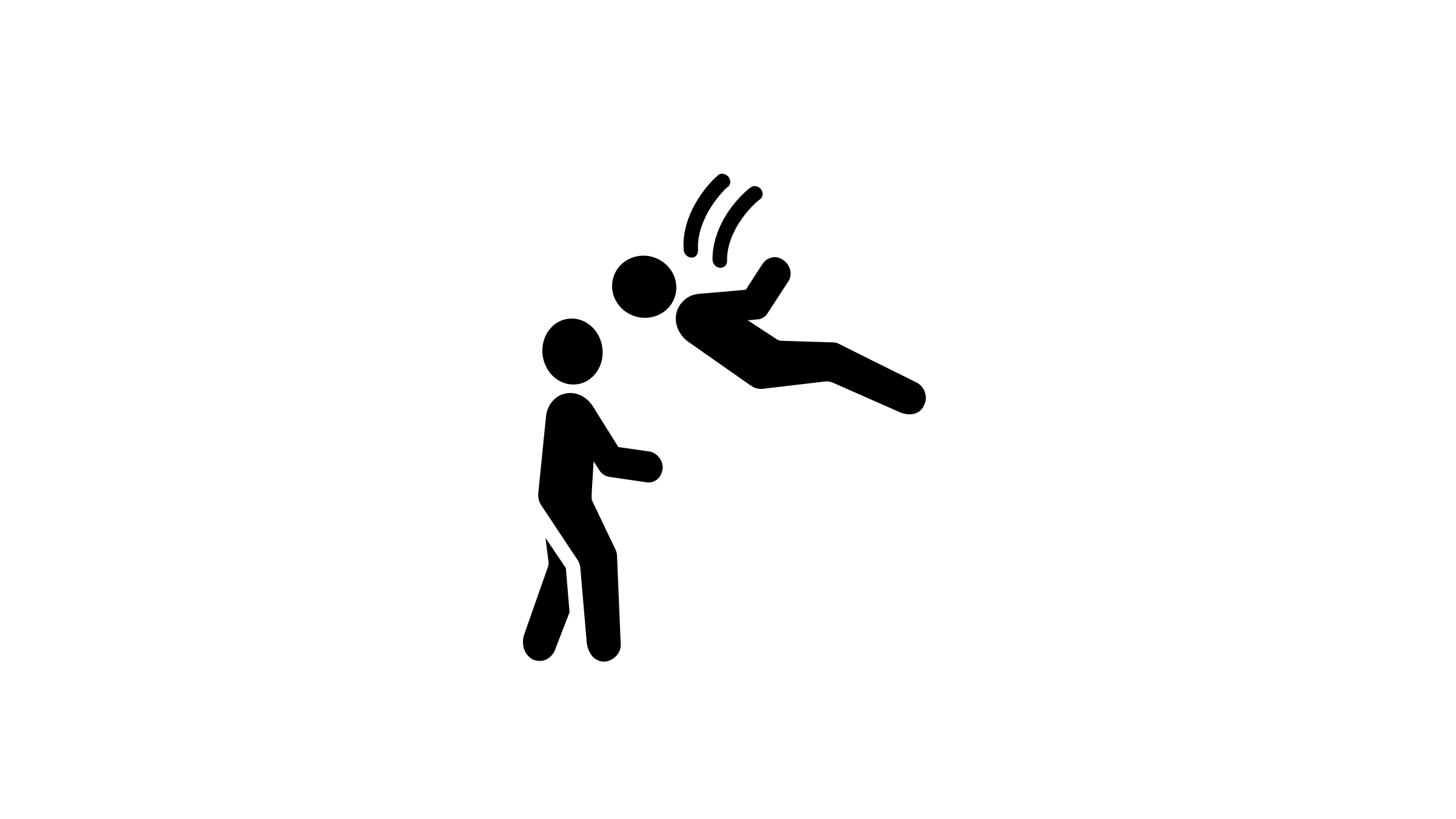
And… you’re allowed to trust the world to catch you if you fail.
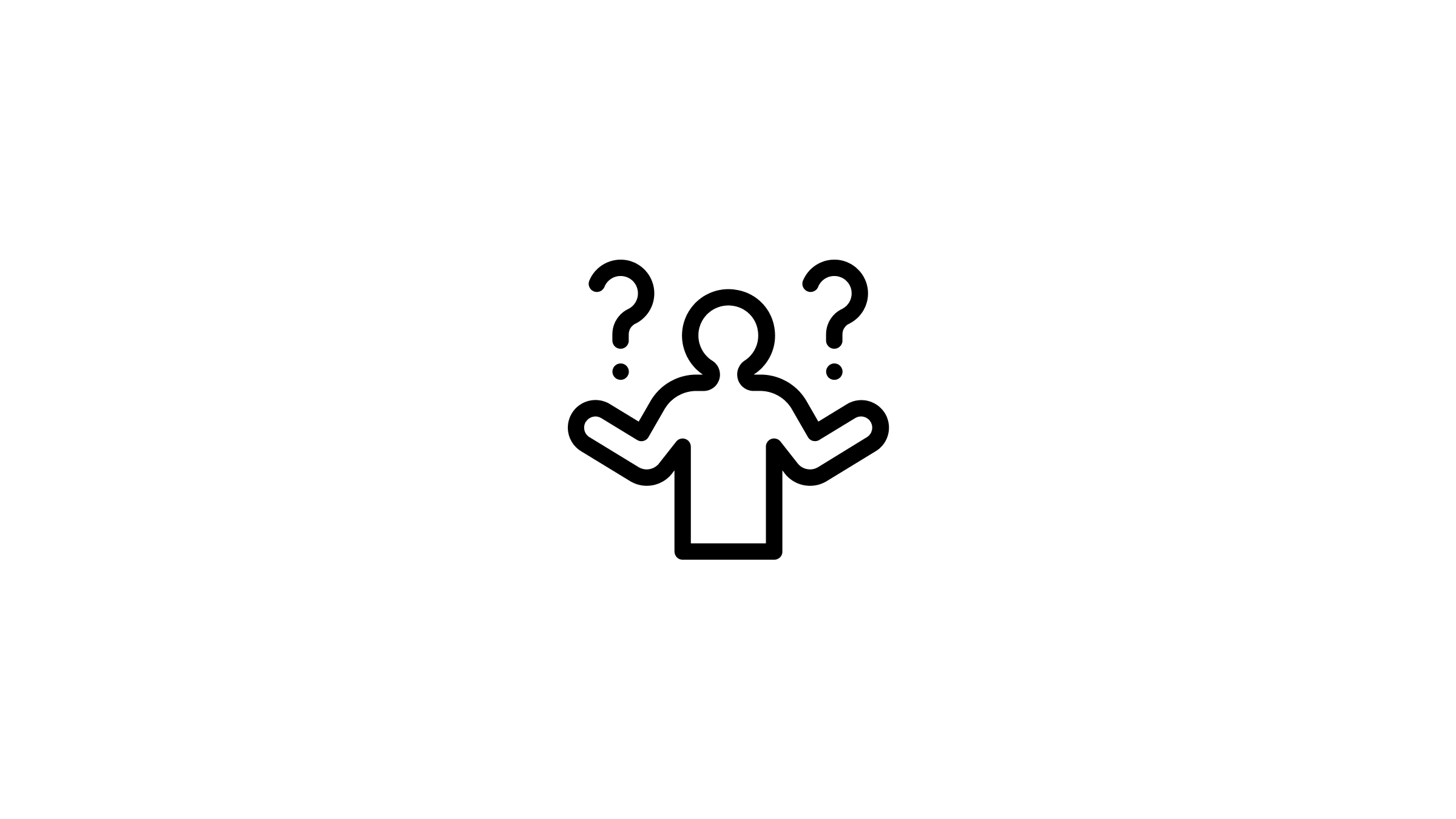
Because the truth is… you don’t know what’s going to happen.

In fact, you’ve never known.
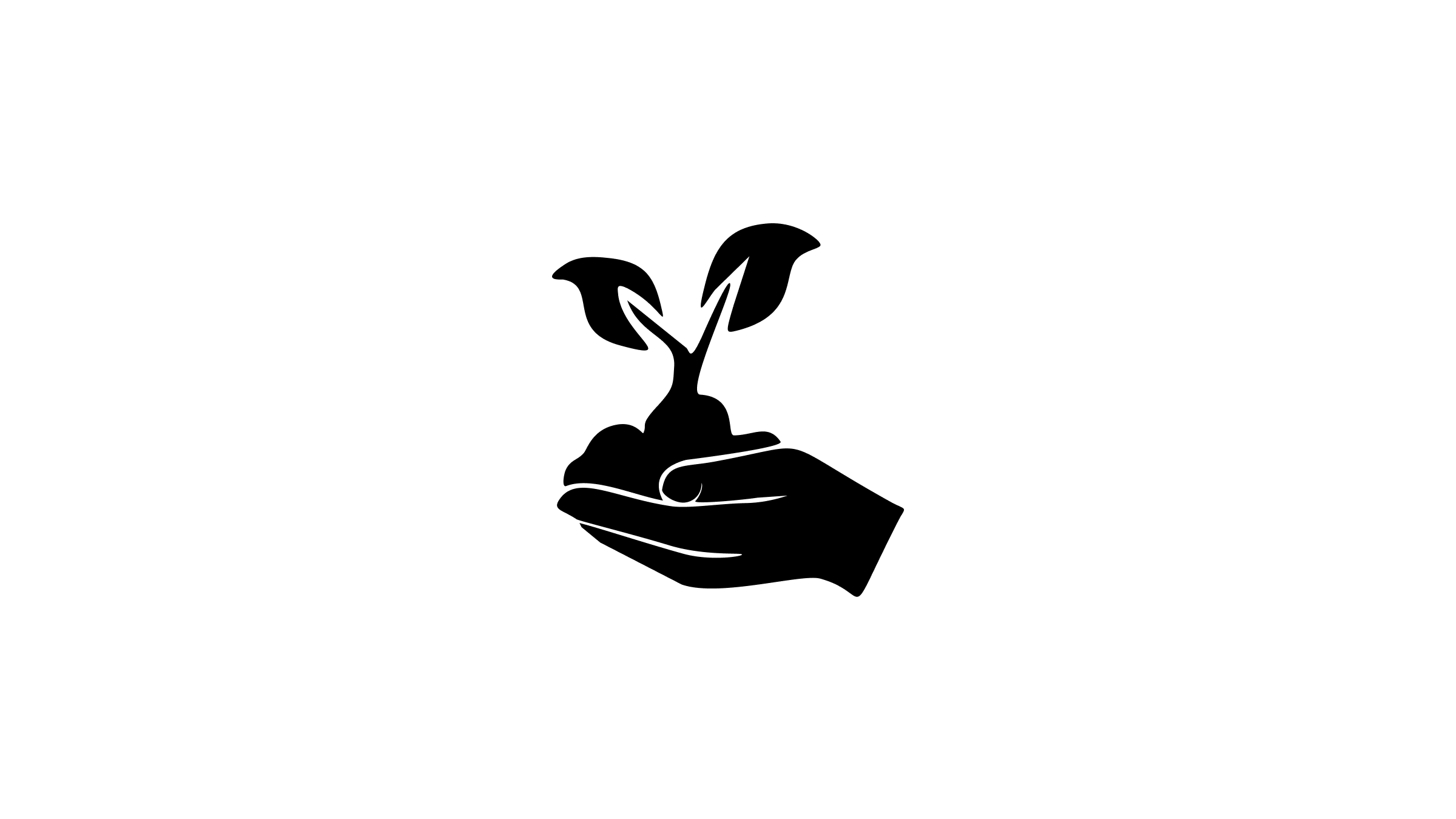
And it’s always okay to try again.